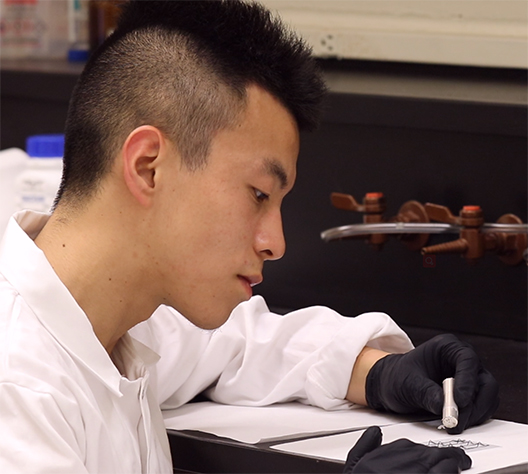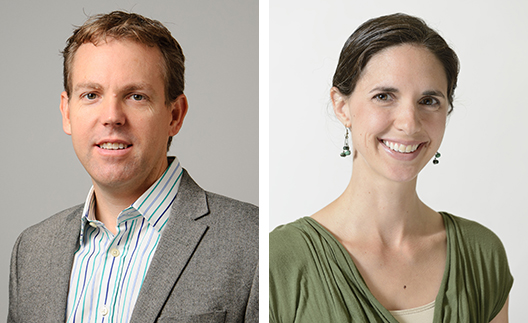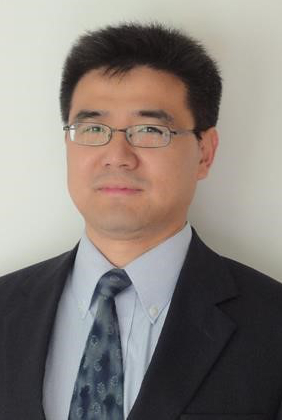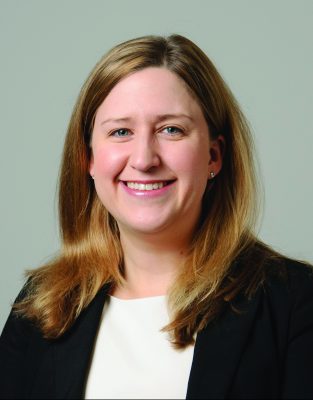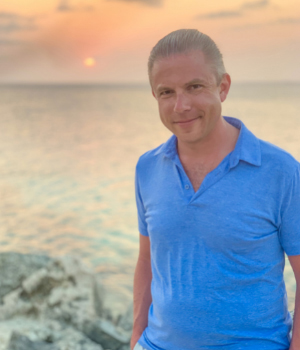
The Connecticut Academy of Science and Engineering (CASE) announced the election of 35 new members for 2022 who the organization describe as leading experts in science, engineering, mathematics, medicine, and technology. 12 of those newly elected members are UConn faculty and four are faculty members of the Institute of Materials Science (IMS).
Rainer Hebert, Professor of Materials Science and Engineering; Director of Pratt & Whitney Additive Manufacturing Center, Associate Director of the Institute of Materials Science
Sangamesh G. Kumbar, Associate Professor, Orthopaedic Surgery, Biomedical Engineering Health
Mu-Ping Nieh, Professor, Dept. of Chemical and Biomolecular Engineering, UConn School of Engineering and Institute of Materials Science
Carolyn Teschke, Professor and Interim Department Head, Molecular and Cell Biology, and Chemistry
The new members will be introduced at the Academy’s 47th Annual Meeting to be held virtually on May 26, 2022. Read the full UConn Today story
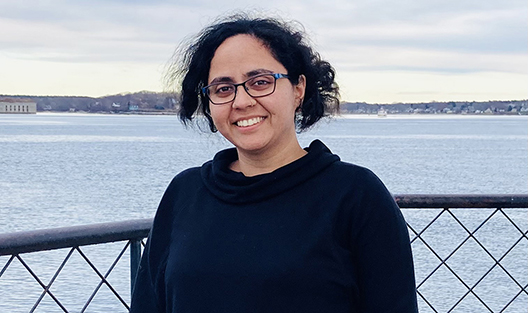
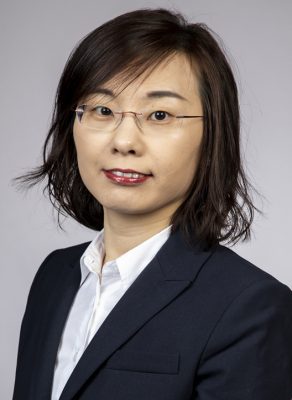 MSE Assistant Professor Xueju “Sophie” Wang has been awarded the NSF Faculty Early Development Program CAREER Award for her proposal entitled “Mechanics of Active Polymers and Morphing structures: Determine the Role of Molecular Interactions and Stiffness Heterogeneity in Reversible Shape Morphing.” It is one of NSF’s most prestigious awards.
MSE Assistant Professor Xueju “Sophie” Wang has been awarded the NSF Faculty Early Development Program CAREER Award for her proposal entitled “Mechanics of Active Polymers and Morphing structures: Determine the Role of Molecular Interactions and Stiffness Heterogeneity in Reversible Shape Morphing.” It is one of NSF’s most prestigious awards.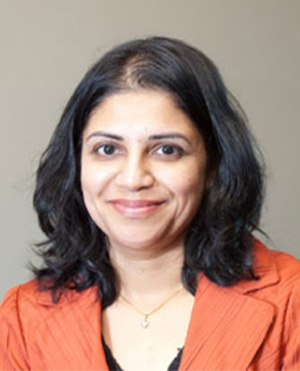
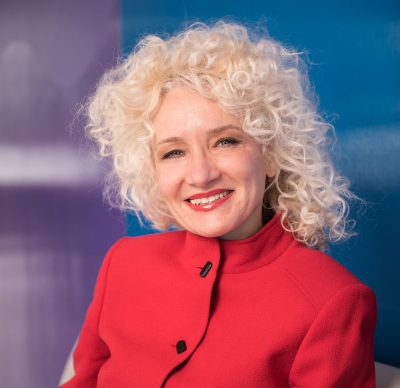 Radenka Maric, a distinguished UConn faculty member who has led UConn’s surging research enterprise to new heights as an administrator, has been named UConn’s new interim president.
Radenka Maric, a distinguished UConn faculty member who has led UConn’s surging research enterprise to new heights as an administrator, has been named UConn’s new interim president.